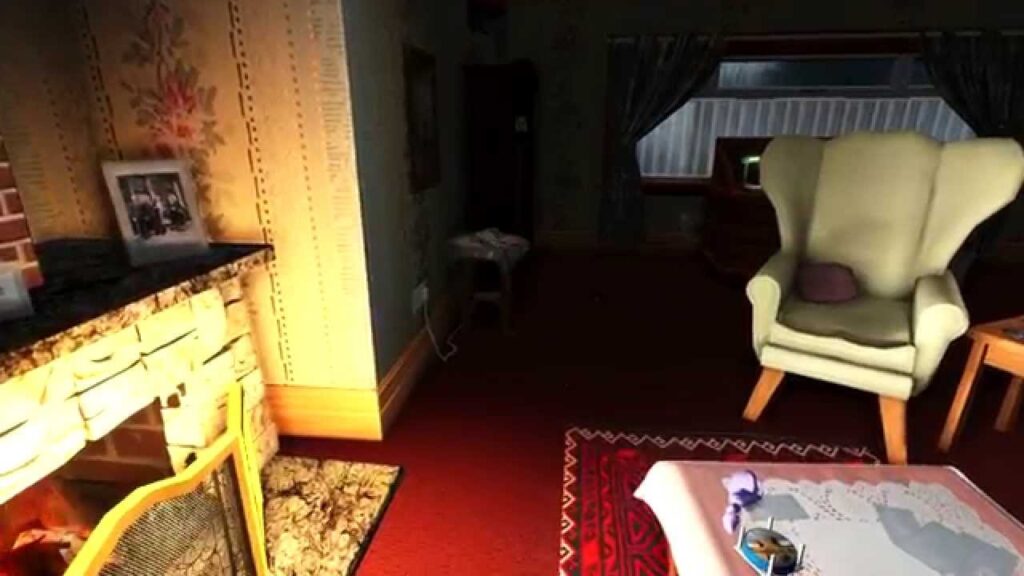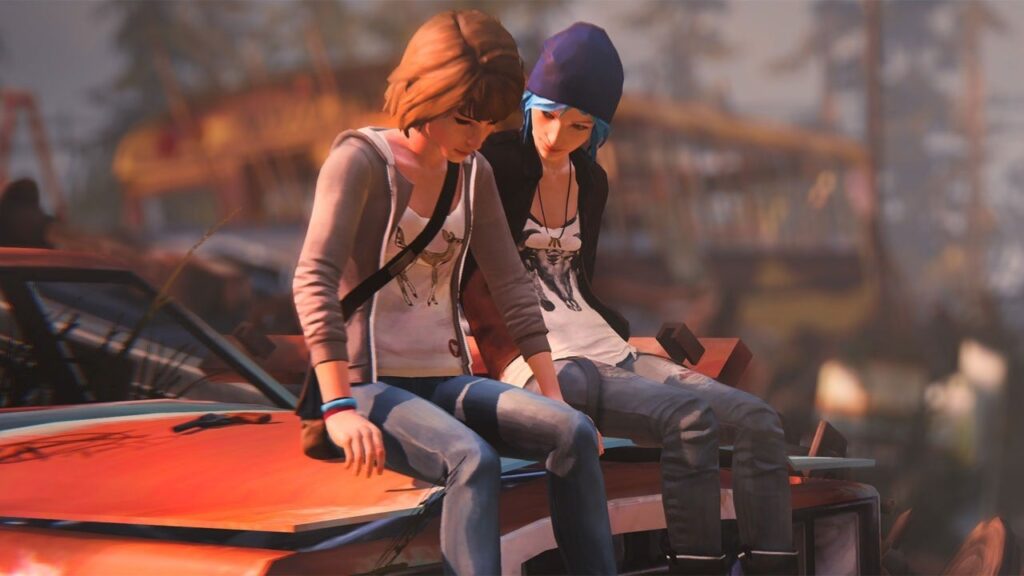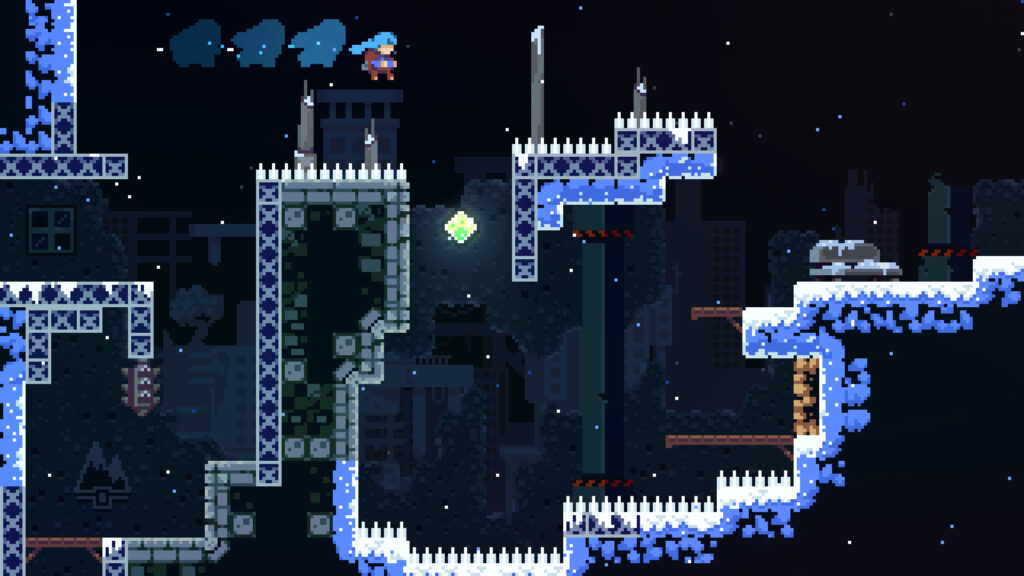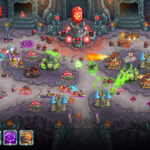As long as people have had brains, they’ve also had to deal with mental health issues. It’s been known to come with the territory from time to time. Ancient Mesopotamians believed mental health issues were curses sent down from the angered gods. Way back in 6500 BC medical practitioners were performing primitive forms of brain surgery known as “trepanation.” The first recorded American attempt to record mental health maladies was in the 1840 census, where it was recorded that over 17,000 Americans were diagnosed as “insane” or “idiotic.” While the amount of insane or idiotic Americans may have gone up by either a minor amount or a significant one depends on who you ask and on what day, but what we do know is that American diagnoses in the field of mental health are increasing in numbers year after year. In 2022 alone, 59.3 million Americans attested to having at least one mental health experience, or just over 23% of the entire population.
Meanwhile in that same year, just over 53%, or 179.6 million Americans had owned at least one dedicated video game console in their household. That means in the past fifty years since the launch of the Magnavox Odyssey in 1972, over half the US population had adopted the title of “gamer,” whether they were good at them or not, whether they were playing Call of Duty: Modern Warfare II, Bayonetta 3, Gotham Knights, or Candy Crush Saga non-stop for the past ten years.
It’s true: gamers are real people, and real people have real needs and real issues, and some of those real issues take real tolls on real mental health. (Or virtual, as it were in these ten cases.)
And, truth be told, when mental health issues are addressed in video games, it’s essentially a coin flip, isn’t it? Half the time players wind up with a copy of the 1998 PC title Sanitarium which, while lauded, was met with criticism regarding its negative, stereotypical treatments of psychiatric asylums. But the other half the time players receive big winners who treat their mental nuances presented with dignity, respect, and overall contribute to the character’s betterment.
So to these titles, we see your needs, we respect them, and we say thank you for being a friend.
10. Forget-Me-Knot

Alzheimer’s disease, dementia
Originally released in 2015 as a 4th-year University Honors project by someone I could only find identified as “thesandymancan,” the bite-sized 2020 remastering featured graphics done in Unreal Engine 4. Forget-Me-Knot centres around an elderly man named Harold, who unfortunately suffers from Alzheimer’s Disease. The walking simulator takes particular note to show how Alzheimer’s and dementia not only affect interactions but impairment to the life of the patient as well.
9. Fallout 76
Gender identity and dysmorphia, addiction and its effects, broken family dynamics
Aside from my usual propensity to work a Fallout game into basically any article I can, the latest addition to the multiplayer post-apocalyptic franchise doubles down on a reasonable start (see what I did there? Atlantic City? Double down? Tip your staff writers.) that the title established by introducing characters such as the fantastically presented non-binary liaison for The Management, Orlando. Both the character and other NPCs seem to have little to no problems using genderless pronouns “they/them” in conversation, proving that even after total nuclear annihilation, Wastelanders can work their heads around the concept of gender fluidity better than some modern-day ultra-right wing Americans.
But Bethesda took their presentation of mental health in Appalachia and doubled down on it in late March of this year. The Russo family can all be met in Appalachia’s newest cabaret stage show, The Rose Room, found near Morgantown.
The family not only shows how broken family dynamics can impact both their lives and those of their family members, but also how each family member’s personal issues – Abbie’s problem with Devil’s Blood, Evelyn’s narcissism, Vin’s existential crises, weighing the responsibilities of being a contributing family member against his own needs for happiness and satisfaction, and Antonio’s whole “being chased by the mob” thing – crosses paths, interacts with, and impacts other units of the family.
It shows how individual struggles and traumas link together to form a spiraling cycle of destruction, locked up with padlocks so strong that maybe even Tumblers Today might fail to help your 76er.
8. Depression Quest
Depression
Depression Quest is a 2013 game that centres around a protagonist living with depression. It does what it says on the box. It’s how well it does it that earns it a spot on this list. Designed and written by people who have lived through the pains of depression, the “interactive fiction” title features a protagonist that on the outside looking in has an okay life, an intentional choice to fight the idea that depressed people are only depressed due to a sucky life.
The game released on a payscale of “pay what you think is right” with part of the proceeds going to charity. It’s nothing flashy – actually, it’s rather mundane – but that is the nature of depression. It’s not always people sitting in dark rooms crying. But as Game Revolution’s review – written by my good friend Jessica Vasquez – of the game would express, it offers a realistic look with a bit of optimism that it can be overcome.
7. We Happy Few
Depression, paranoia, overmedication, substance abuse disorder
The game may have left a lot to be desired, but what it lacked in gameplay it certainly made up for in atmosphere – We Happy Few’s world of Wellington Wells is not the Joy-filled utopia its residents want you to believe. The factor that earns We Happy Few a spot on this list is that when the player character wants to believe more exists than the psychotropic drug “Joy,” it is the player-driven to feel like he or she is in the wrong.
Read More: Palia Uncommon Fish Quest Guide
From the jump, Joy will be a necessary mechanic to make sure other characters don’t believe you to be a “Downer” and deserving of suspicion, akin to the suspicion found in people who self-medicate or overmedicate who fail to comprehend life without the substance. Should NPCs suspect players haven’t taken Joy, they will turn hostile and go after the player until he is able to hide or take said Joy. Of course, too much Joy will lead to Joy withdrawals, which allows for independent thought and the undoing of memory repression, which could lead players to remember the very bad thing in Wellington Wells’ history collectively known as The Very Bad Thing. Who’s in the right, who’s in the wrong, and why isn’t this smashing backdrop attached to a better game? Don’t worry about it. Just take yur Joy.
6. Life Is Strange

Bullying, grief, trauma
Much of dealing with mentally-disturbing issues with teens, students, and young adults often get hand-waved away and left to the field of the relic-of-its-time after-school specials. The cause: well, adults are just as uncomfortable talking about topics like bullying, suicide, and trauma. Life is Strange not only deals with topics that make students and adults alike feel uncomfortable, they incorporate these issues and feelings into the plot and make them, essentially, characters in the narrative alongside protagonist Chloe.
Other games who treat the issues with kid gloves would make it a point to focus super hard on Chloe’s time powers. But those powers don’t wash away the feeling when a friend makes a permanent choice to escape her torment. Time powers don’t take away the violation when a trusted adult takes away a child’s innocence. It’s nasty and disgusting and gives it the respect to deal with the situation ongoing during the narrative.
5. What Remains of Edith Finch
Depression, psychosis, grief and loss, trauma
Sometimes this April 2017 “walking simulator” is clear and straightforward. Sometimes it is obtuse and hard to grasp. Yet such is the nature of grief – there and not there simultaneously.
But every moment experienced during What Remains of Edith Finch will be memorable, touching, often painful, and haunting, despite the lack of traditional “gameplay.” This story is hard for any words to justify – it’s $20 on Amazon. Grab your own copy and have your own personal experience.
4. Hellblade: Senua’s Sacrifice
Psychosis, schizophrenia, delusions and hallucinations
To Senua, the protagonist of Hellblade, the dark markings that run along Senua’s body are the manifestation of her curses, but to the player, those dark markings are indications of Senua’s health and damage taken. But the Darkness affects the player in similar ways as Senua, as the Darkness will many times not tell the truth, or fudge the information, much like Senua’s issues will blur the truth for her.
3. Psychonauts 2
Addiction, anxiety, depression, multiple personality disorder, panic attacks, psychosis, repression, false memories, dementia
To say that Psychonauts 2 throws the kitchen sink at the player, in the area known as “Compton’s Cookoff,” it literally does! Each area is borne from one of each of the patient’s mental health issues – in the case of the cookoff, severe anxiety, something I’m way more familiar with than I’d like to be – but does so with care and caution. The conditions are never something to be ashamed of or mocked over – it simply exists, just like any other psyche, only more difficult to handle until the Psychonauts step in and assist.
Read More: Soulmask Clay Guide
Upon release, many critical outlets praised the game’s handling of mental health conditions such as depression, panic, dementia, and even DID with both a healthy warmth and a respectful levity to the topic – not a humor with a mean streak, but one that can join in at the absurdity of it all.
2. Celeste

Anxiety, panic attacks, self-internalized transphobia, crippling self-doubt
Nobody expected so much emotion, so much depth, from a pixelated character.
The story of Celeste actually revolves around the character of Madeline, who lives on Celeste Mountain. Madeline decided one day that she would ascend Celeste Mountain to directly challenge her anxiety, which manifests in her mirror image named “Badeline.” thanks to Wario Nomenclature. During Madeline’s trek up Celeste Mountain, she meets and faces manifestations of her mental struggles, including anxiety, panic, and the internalized transphobia many transitioning people report experiencing.
Throughout the game’s development cycle, it was critical to developers that the mental health struggles experienced during the game were handled with care, and that Madeline, and by extension the player, should be treated the same as any other person either in-universe or in the real world, trying to eliminate any associated stigma normally assigned to the diagnosis.
1. Disco Elysium
Substances, loneliness, depression, codependency, imposter syndrome
The ultimate disco monster turned into the ultimate loser, which in turn led to the ultimate protagonist in the ultimate narrative-driven story. The story resonates with such a wide swath of players, because they’re deeply rooted in mental health struggles and conditions that many of us will, at some point in our lives, have to tackle ourselves. The lonely sting of separation, the cemented roots of depression, the absolute inability to live, to function, without that certain “someone” or “someones,” and the bad medicines we use to cover up the pain, then are forced to medicate the new pains that grow from it. But from the ashes of nothing, and the trash that was everything past, Lieutenant Double-Yefreitor Harrier “Harry” DuBois, like the phoenix of legend, can rise above the destruction, recreating what once existed in the past, and building an even better new thing.
Well, either that, or his Horrific Necktie leads Harry headlong into a Spirit Bomb. De toute façon.





Dear Esther definitely should’ve been on this list.
Just noticed your comment – that’s absolutely a great choice too!